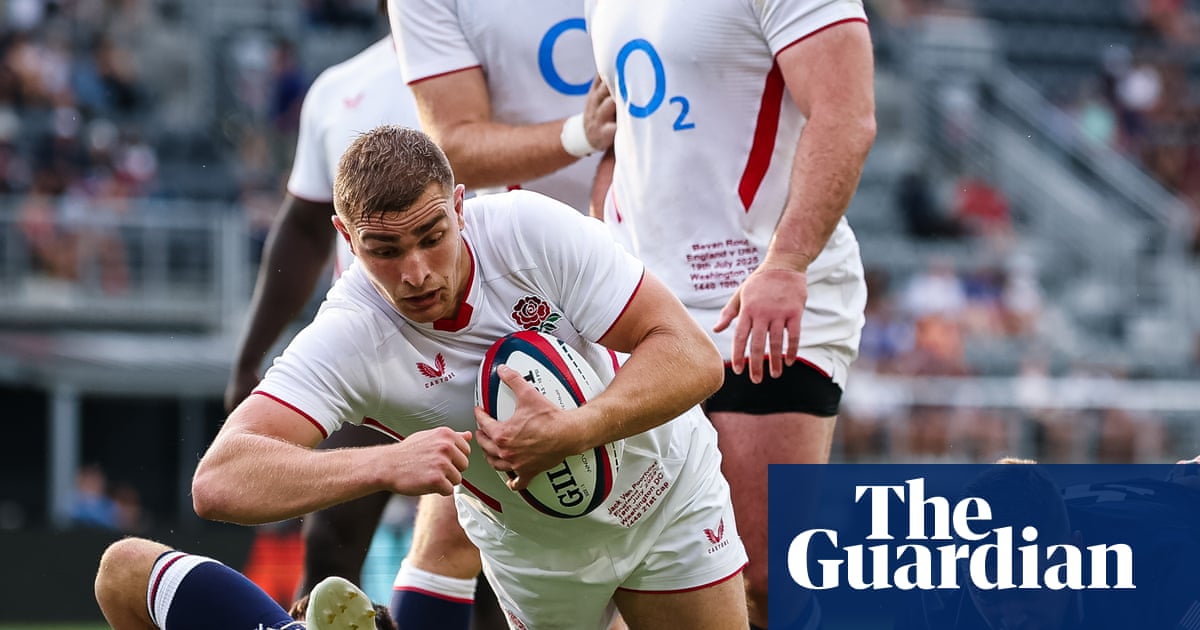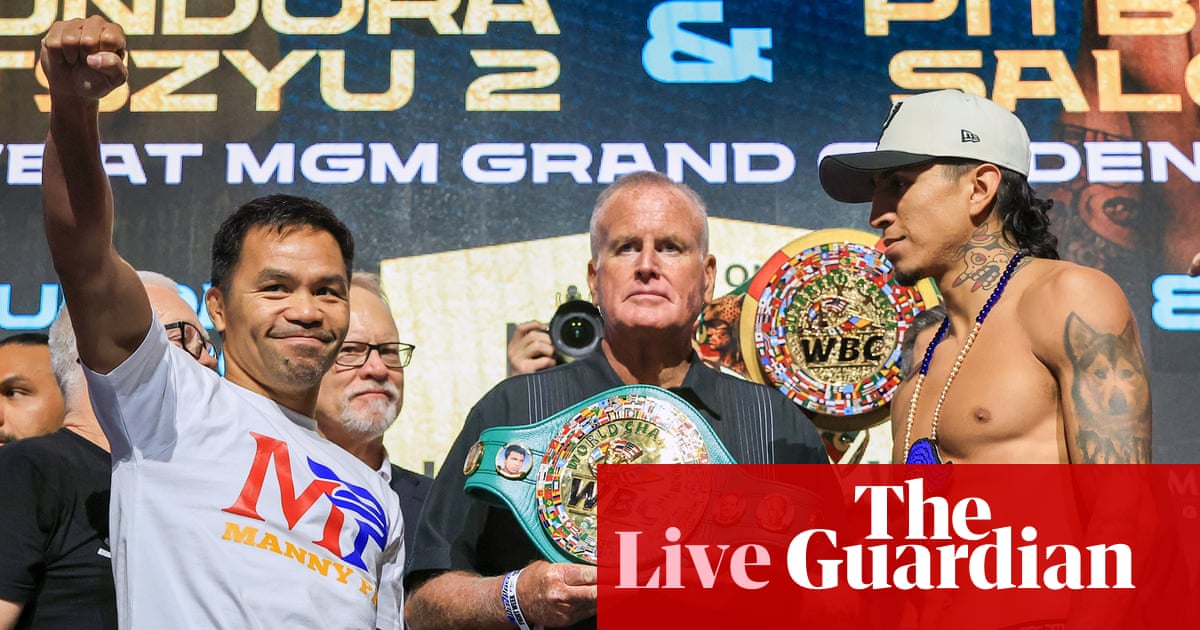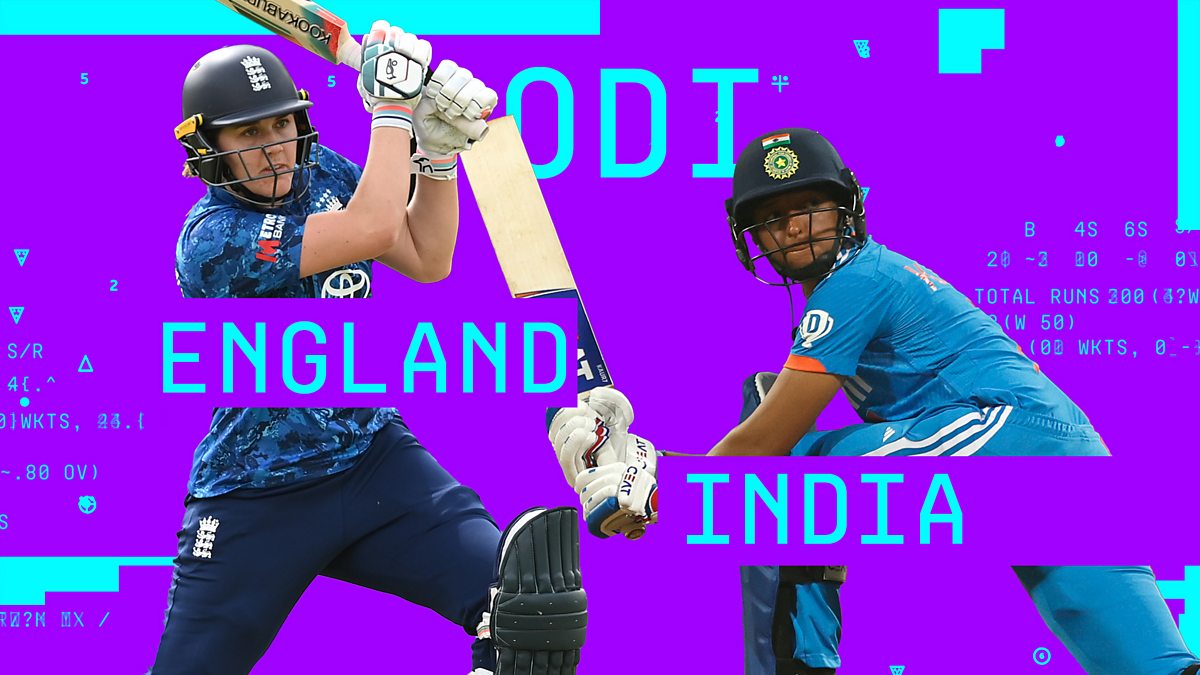If you've ever spent your morning commute daydreaming about starting afresh with your career, this feature is for you. Each week, our Money team speaks to someone from a different profession to discover what it's really like.
Today, we hear from Ayesha Slader, a funeral director at Walter C Parson Ltd.
From the moment you come into the office, you could be faced with contacting families who have lost a loved one... visiting families at home or meeting with them in the office to arrange the funeral. Checking and dressing the deceased to ensure they are resting peacefully. Cleaning fleet vehicles, bringing individuals into our care and conducting funerals. It's a real mix.
Read all the latest Money news here
I started on minimum wage... and worked my way up. Funeral directors in the UK will be salaried between £24,000 - £31,000 on average. Whether you participate in a paid on-call rota or whether this is built into your salary also varies.
A traditional attended funeral service would roughly cost... £4,200 as a guide. A direct cremation with a trusted, reliable, local funeral director will range between £1,600 - £2,300 on average.
To help cut costs... use social media for obituary notices and announcements. Create your own orders of service or floral tributes. This may save money but can add additional pressure. Using family cars rather than limousines, if you feel comfortable enough to drive on the day, also saves money. Ultimately, budget within your means. A simple service does not make the service any less tailored or unique.
To stay positive... a good team and environment makes all the difference. Without that, it would be a struggle. It's really important to have hobbies outside of work, too. My release is rugby and that gives me a balance. Time to switch off.
Occasionally, the odd few tears escape... certain days are tough and we are human. The day I stop being affected by my work is the day I hang up my hat.
I didn't always want to be a funeral director... I'd imagined being a physio or solicitor. Then cancer came. During my journey, it stole many of my friends. It was then, at 15, that I knew what I was destined for. I wanted to care for people at the very end. Show love, appreciation and dignity.
The biggest misconception about my job is that we are all old, miserable men... and that you must be slightly odd to want to do this job. Another is that we rip people off. A funeral is made up of many expenses, including disbursements. Disbursements make up over a third (if not more) of the funeral costs, which often surprises people.

This profession is one where you learn on the job. Nothing prepares you for it... there are qualifications that you can gain, such as the National Association of Funeral Directors (NAFD) Diploma in Funeral Directing. I think it is important to qualify and ensure your knowledge is up to date. We advise families during their darkest moments. That advice should be accurate and never misleading. Regarding skills, being good with people is essential and knowing how to be empathetic without being overly sympathetic. If you're not good with people, you will struggle. They are at the heart of all we do.
I never get scared being with dead bodies... they are people. Precious to someone, somewhere. I often speak to them, always saying good morning, goodnight, updating them on the world's events. The conversation is very one-sided but it gives me a sense of peace. I look after them like they are my own. There's no reason to fear the dead.
I believe that when someone passes, their energy has to go somewhere... where I do not know. I often speak to people I have lost. They can never truly leave you. Whether there is an afterlife or ghosts, I wouldn't like to say.
The most rewarding part of the job is... learning about how much someone fits into their lives, building a rapport and watching individuals' relief when everything comes together. It blows my mind that people thank us for what we do. And that is an incredible feeling, knowing you helped in some way.
The worst part of the job is... when you cannot give people the opportunity to say goodbye due to factors out of your control - COVID was a prime example of this. The toughest part is when you don't have the answers. That's often what families want and you can't give them that. Suicide is one of the hardest for me.
My first ever funeral is my most memorable moment... I had not long passed my exams and was alone covering an office. I ended up arranging a young woman's funeral in which the family trusted me with the most precious person in the world to them. We had numerous floral tributes, horses and doves. I was extremely nervous and having a big phobia of horses didn't help. Paging in front of the two 17-hand Friesians had me sweating. Throw into the mix an emergency road closure en route to the house, and we had to adjust very quickly. Once we had navigated this, I felt much more at ease. It was a baptism of fire as my previous role was predominantly mortuary-based. My manager at Walter C Parson encouraged and supported me in all aspects, allowing me to see the funeral through. It taught me to back myself. I was capable and I am proud of how that one moment has shaped my career ever since. The funeral was after the unexpected death of a woman with a young child. The circumstances meant an extra pressure on the family, and I visited them several times following the service. In fact, I am still in touch with them now.

There are no longer any rules when it comes to what you can do at a funeral... funerals are much more unique and I love that. The non-attended services have become more popular but after the service, some families often say it's difficult to begin the grieving process without the physical service. If this is something you're thinking about, always speak to your family first (where possible).
I wish people would stop leaving their phones on... or not placing them on silent. There's nothing worse than it going off halfway through. It happens almost weekly! No big arguments over it so far but there are the judging looks and tuts from others in attendance at the service. Avoid embarrassment, turn it off! Aeroplane mode is recommended before going onto a service.
There are too many unique requests to name... but we love something different. If it makes the funeral or send-off more personal, why not? As long as it's not offensive, we can do it.
Read more from this feature:
Life as a... pawnbroker
Life as a... priest
Life as a... criminal lawyer
Personally, nothing looks better or shows respect more than a hearse being paged and the coffin being shouldered... so many people are carried on a wheel bier when, with the correct number of pallbearers, the coffin would be safe to shoulder. It's a tradition I feel should be upheld unless the family request something different.
The biggest issue facing our sector is... the media and misconceptions. Most funeral directors' pure focus is to provide the most dignified and respectful service possible, even paying to be scrutinised by an outside organisation such as the National Association of Funeral Directors (NAFD) to ensure standards are high and the service is second to none. Publications on funeral services are often emotionally charged in the hope that it increases reader engagement. You don't hear much about the positive work funeral directors do for others, while sacrificing their personal time with their own families. We care immensely and I am incredibly proud of that.
We've seen a surge in direct cremations... however, not everyone understands what they entail. To ensure you know everything you need to, speak to your local funeral directors. Visit more than one and get all the information. We're actually rather nice people. From speaking with families following a direct cremation, you find that most struggle with the grieving process. A funeral provides the finality that someone is now gone. Whereas with a direct cremation, you do not have a funeral (funerals are the ceremony, not the cremation or burial). Your loved one is taken to a place of rest, the day and time of cremation are not always disclosed, and the location of the cremation can be a significant way away.
By considering a local funeral director for this type of service, you are... reassured your loved one will be resting locally in the care of the trusted funeral director you have met, that the crematorium of your choice is used, and that there is aftercare provided. This is not always the case with some direct cremation services.
It's important to check for hidden costs... some national direct cremation providers have an attractive headline price, but upon closer inspection, they may not include things like the removal of the deceased from their home address or nursing home, or the return of the cremated remains to the family. My tips? Ask plenty of questions, locally or nationally.
We do provide services for free... if anyone passes under the age of 18 years, we provide our services at no cost. No one should experience this kind of loss. People often upgrade from the simple package we provide, which can then incur a cost. There is also the Children's Funeral Fund, in which burial and cremation fees are covered for under 18s and they often provide a contribution towards other elements.
My first job was as a waitress... I loved that job and it really helped with my people skills. I became a funeral director by sheer persistence. There weren't many of us ladies out there when I started 15 years ago (now we're taking over).
My best piece of advice is to always ensure you cover what the deceased wants, but seriously think about what you need from the day... everyone has an opinion but if you don't say goodbye in the way you need, you may look back with resentment in the future. It's not about how fancy it can be. Celebrate the life. That's what truly matters.
If I had my time again I would... not change a thing! I'd do more networking with other funeral directors, as oddly we rely on each other to make things work. More importantly, I'd tell my team I appreciate them more - without the bearers, operatives, administrators, embalmers, us funeral directors are nothing but a person in a fancy suit. It takes an army and I'm incredibly proud of mine!

 1 day ago
4
1 day ago
4










 English (US)
English (US)